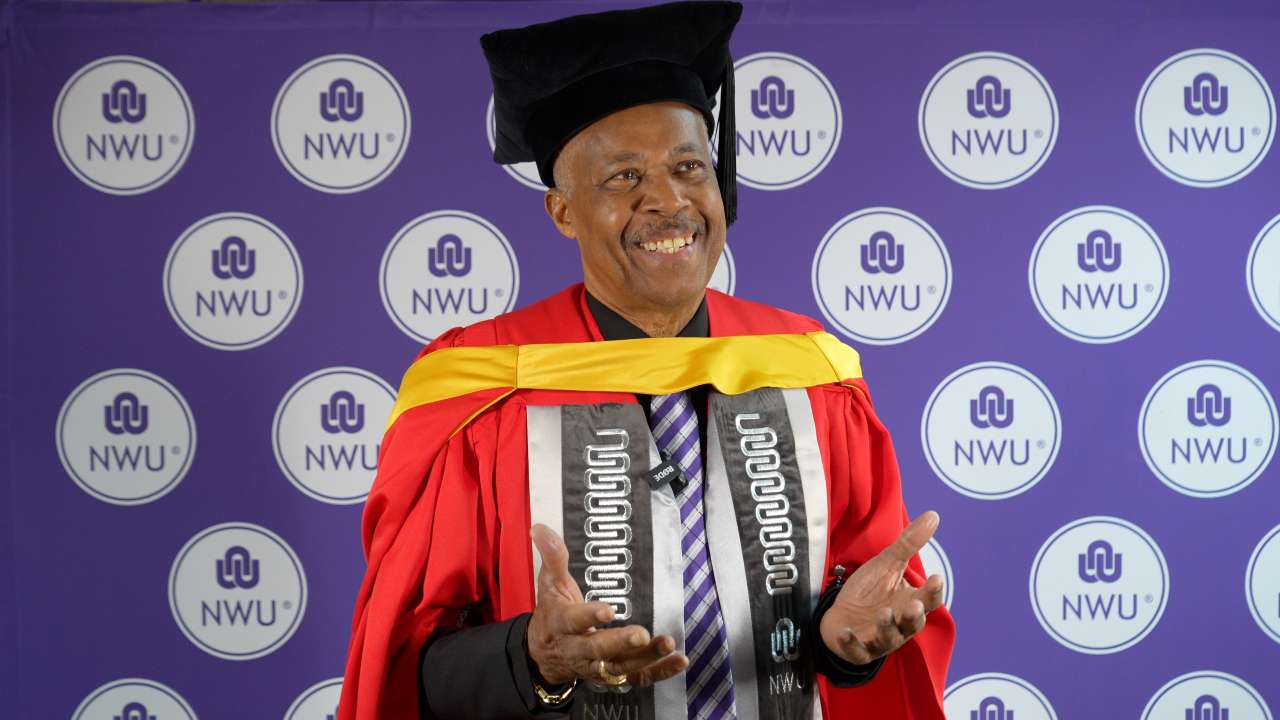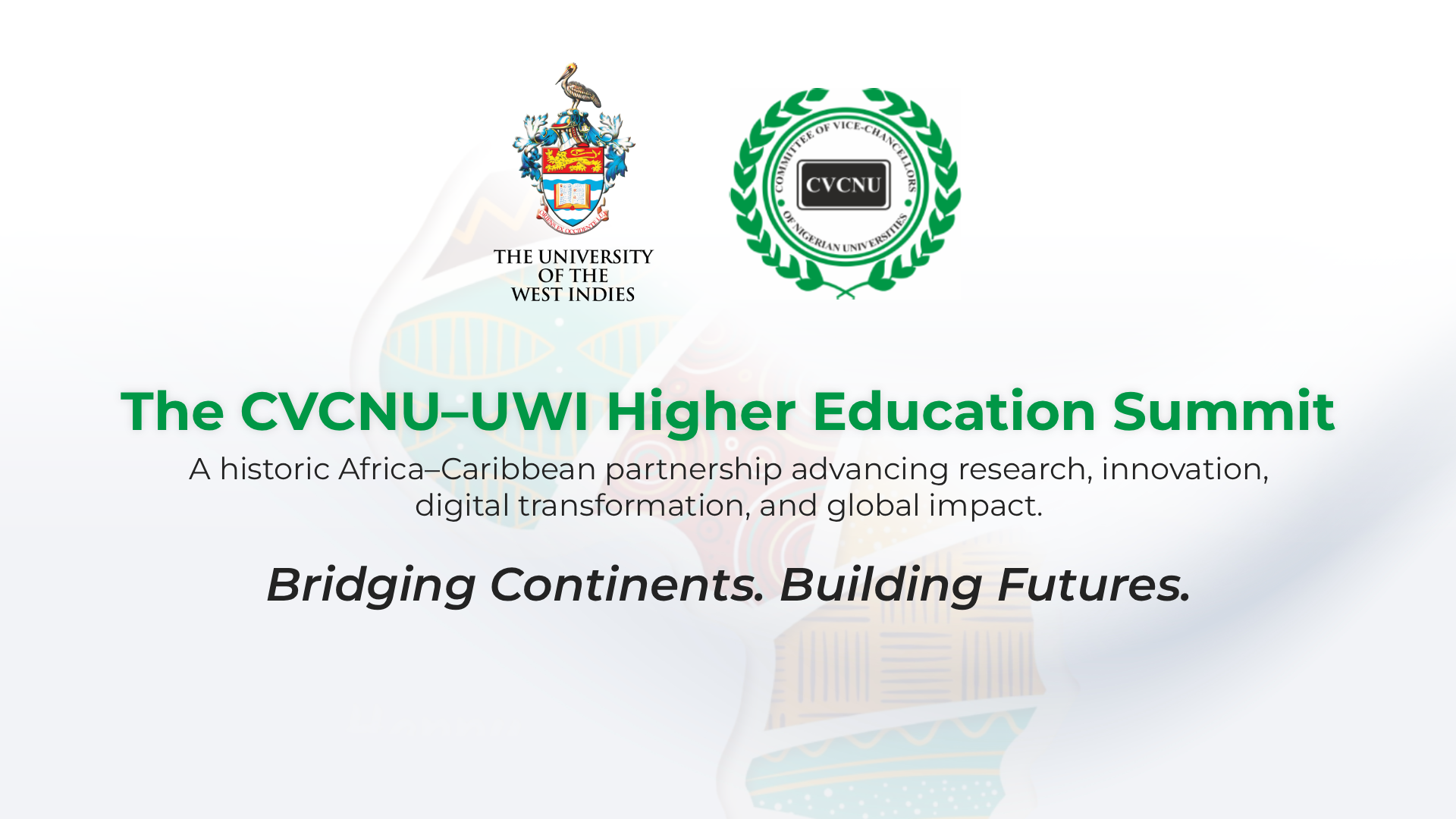
"This feels like a validation of my life’s work”
On Wednesday, July 30, North-West University (NWU) in South Africa conferred an honorary doctorate on Professor Sir Hilary Beckles, Vice-Chancellor of The University of the West Indies (The UWI). The award recognises Vice-Chancellor Beckles’ formidable academic contributions and his global advocacy for social justice.
On the evening before the ceremony, he delivered a public lecture titled From Durban to Accra: Rise of the Global Reparations Movement.
The honorary doctorate, a Doctor of Philosophy (Honoris Causa) in History, from the NWU’s Faculty of Humanities, stands as a testament to Vice-Chancellor Beckles’ lifelong effort to use History as a tool for healing and reform. Vice-Chancellor Beckles described the honorary doctorate as a deeply personal honour.
“This feels like a validation of my life’s work,” he said. “As a teenager in the UK, I was actively involved in the anti-apartheid and Free Nelson Mandela campaigns. I’ve always been philosophically opposed to injustice. I’m a humanist, and I believe in humanity at its best.”
Vice-Chancellor Beckles recalled meeting Steve Biko in Zambia as a student. “I expressed concern for his safety, and he told me that if I ever had a son, I might name him after him. He lost his life, and I honoured that legacy. My son’s name is Biko.”
Reflecting on the honorary doctorate, he added, “To be here, decades later, nearing the end of my career, it means everything. It fills me with joy and gratitude.”
Professor Bismark Tyobeka, Principal and Vice-Chancellor of the NWU stated, “We are honoured to have conferred an honorary doctorate upon Professor Sir Hilary Beckles, a distinguished scholar and public intellectual whose life’s work is a masterclass in using academic inquiry as a force for societal transformation. As Vice-Chancellor of The UWI, Chair of the CARICOM Reparations Commission, and chairman of the United Nations University, to name but a few roles, Vice-Chancellor Beckles has brought academia to the service of justice, championing reparatory redress as both a moral imperative and an economic necessity.”



